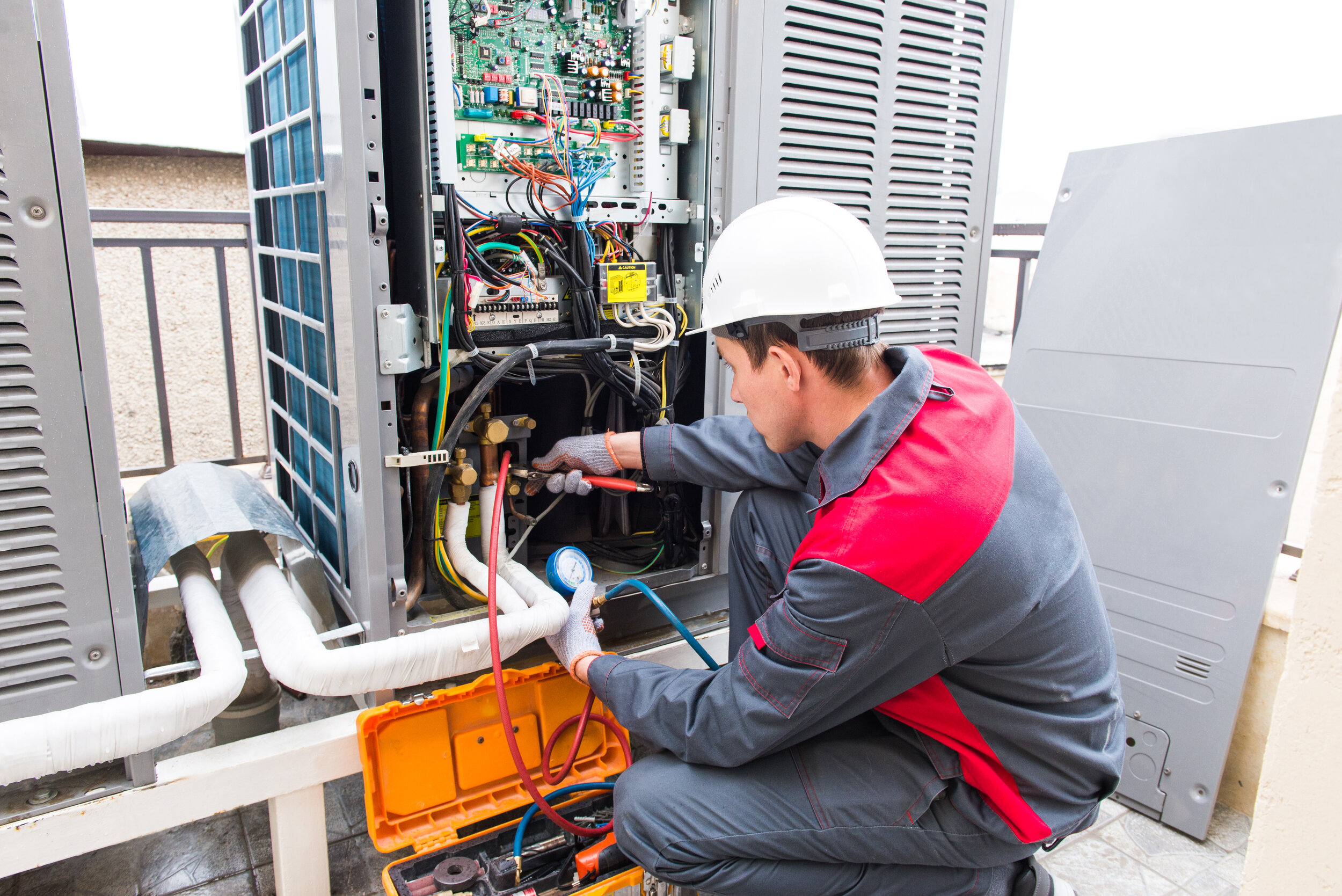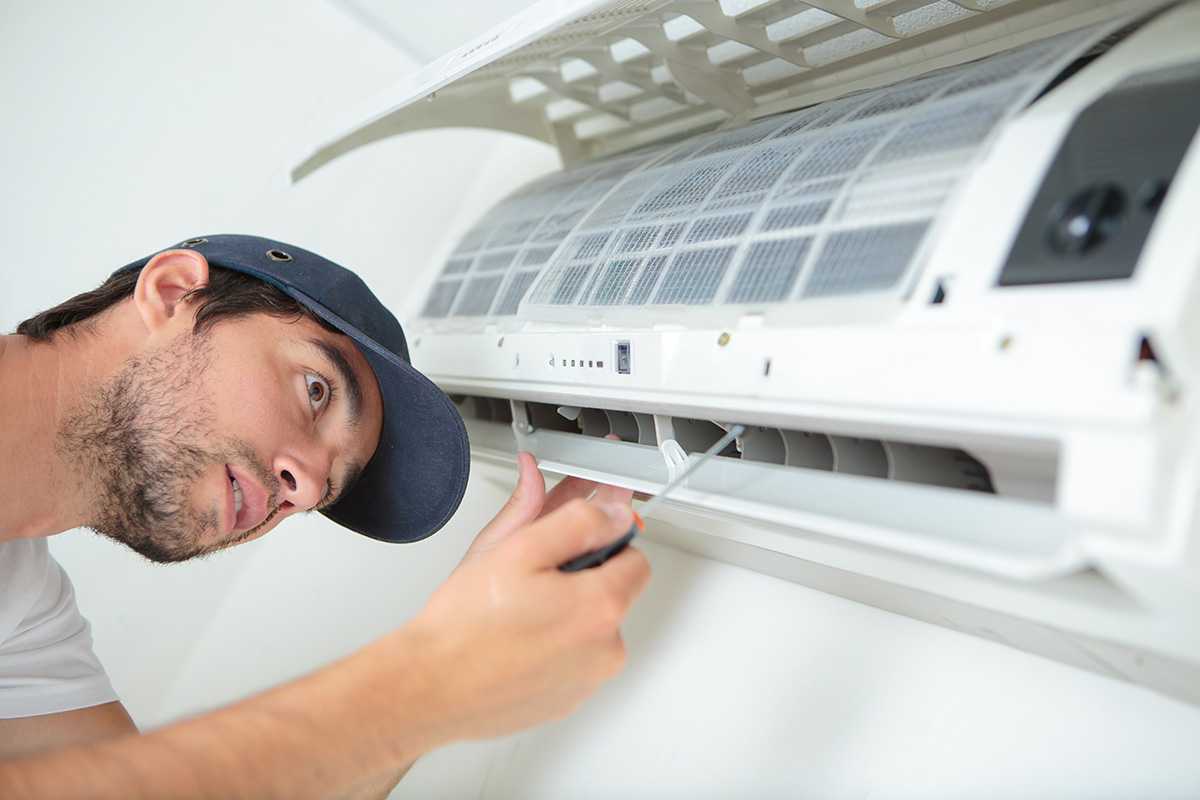Learn how Regular HVAC Maintenance Saves Your Money, cuts energy bills, prevents costly repairs, and discover how often you should schedule service. Keeping your home comfortable and your energy bills under control doesn’t have to be a guessing game. HVAC systems short for heating, ventilation, and air conditioning work best when they’re well taken care of.
Much like a car that needs oil changes and checkups, your HVAC system needs attention, too. That’s where regular maintenance comes in. In this blog, we’ll walk you through why regular maintenance matters, how it helps your wallet, and the best schedule to follow. Ready to get smarter with your comfort and savings? Let’s dive in.
How Regular HVAC Maintenance Saves You Money
Regular HVAC maintenance saves you money by keeping your system running smoothly and efficiently. When your system is clean and well-tuned, it consumes less energy and avoids wasting your hard-earned cash. Over time, avoided breakdowns and better efficiency add up.
Simple tasks like replacing filters or checking refrigerant levels might seem small, but they prevent small issues from snowballing into expensive emergency repairs. In short, a little upkeep now can mean thousands in savings later.
H2: Energy Efficiency and Lower Utility Bills
One of the clearest ways that regular HVAC maintenance saves you money is by making your system more energy efficient. Dusty filters, dirty coils, and clogged ducts force your system to work harder. This extra effort uses more power and appears as higher bills.
But with clean filters and well-lubricated parts, your HVAC runs more effortlessly. That effortless running translates directly into monthly savings and pays for itself fast. In addition, a tuned system keeps temperatures steady, so you don’t crank the thermostat up or down and waste extra energy.
Preventing Costly Breakdowns and Repairs
It’s never a great feeling when your HVAC stops working in the middle of a heatwave or cold spell and those emergency fixes can be very expensive. Regular checkups help you spot small issues, like worn belts or minor leaks, before they become full-blown failures.
It’s like getting an oil change before the engine seizes. With routine care, you can plan for upgrades or part replacements rather than scrambling for a costly and inconvenient repair. Over time, these saved repair costs add up big.
Extending the Lifespan of Your HVAC System
HVAC systems are a significant investment. The more years you get out of yours, the lower your average annual cost. Routine maintenance keeps all parts in better shape longer cleaned, adjusted, and running under less strain.
That means fewer breakdowns, fewer replacements, and better value over time. By keeping your system healthy, you delay expensive system replacements by years, stretching your investment and helping your budget in the long run.
Improving Indoor Air Quality Saves Health Costs
Clean air is increasingly important to well-being. When filters and ducts get clogged, dust, allergens, and mold can circulate through your home. That can lead to sneezing, coughing, headaches, or even worse respiratory issues over time. Regular HVAC maintenance includes cleaning or replacing filters and checking moisture, so air quality remains high.
Better indoor air means fewer illnesses and less spent on over-the-counter remedies, doctor visits, and wasted sick days. That’s another way regular HVAC maintenance saves you money.
How Often Should You Schedule Maintenance?
Here’s a friendly, easy-to-follow guide:
- Twice a year (spring and fall) – Ideal for most homes. Before summer, check cooling systems. Before winter, tune the heating.
- At least annually – If you can’t manage twice, once per year is better than nothing.
- If you have pets, allergies, or heavy use – Consider every 3–4 months, especially filter changes.
- Older system or extended warranty – Follow manufacturer or warranty guidelines; often more frequent checks keep warranty valid and prolong life.
- After long heavy use – For example, after a long heat wave, scheduling a check may catch wear early before breakdown or performance drop.
Why this schedule works
Quarterly or semi-annual inspections help catch problems early. Seasonal checkups align with high-demand periods, letting you head off issues before they hit peak use. A regular rhythm of checks coupled with filter changes every 1–3 months keeps your system lean, clean, and cost-effective.
Conclusion
Taking the time to keep your HVAC system in shape is more than just a chore it’s a smart financial move. From lowering utility bills and preventing surprise breakdowns to extending system lifespan and keeping your air clean, regular HVAC maintenance saves you money in multiple ways.
By scheduling tune-ups seasonally, staying on top of filters, and using simple check routines, you can enjoy comfort, convenience, and real savings all year long. For even better results, don’t overlook your ductwork check out this complete guide on air duct cleaning to improve air quality and system efficiency. Your wallet and your family’s comfort will thank you.
FAQs
- How much does a typical HVAC maintenance visit cost?
Costs vary by region and service provider, but a basic tune-up often ranges from $75 to $200. Bundle heating and cooling checks to save more. - Can I do HVAC maintenance myself?
You can handle basics like changing filters, cleaning vents, and keeping the outdoor unit debris-free. But leave refrigerant checks, electrical work, and deep diagnostics to pros. - What’s the ideal frequency for changing HVAC filters?
Generally, every 1–3 months. Homes with pets, allergies, or high dust may need changes every month. Clean filters cut energy use and extend system life. - Is it worth getting a service plan or maintenance contract?
For many households, yes. Plans often include two seasonal tune-ups, priority scheduling, and discounts on parts. Over time, that saves money compared to one-off service calls. - How do I know my HVAC system needs maintenance?
Warning signs include unusual noises, higher energy bills, weak airflow, uneven heating/cooling, or frequent short cycling. Don’t wait until a complete failure to book a check-up early.



